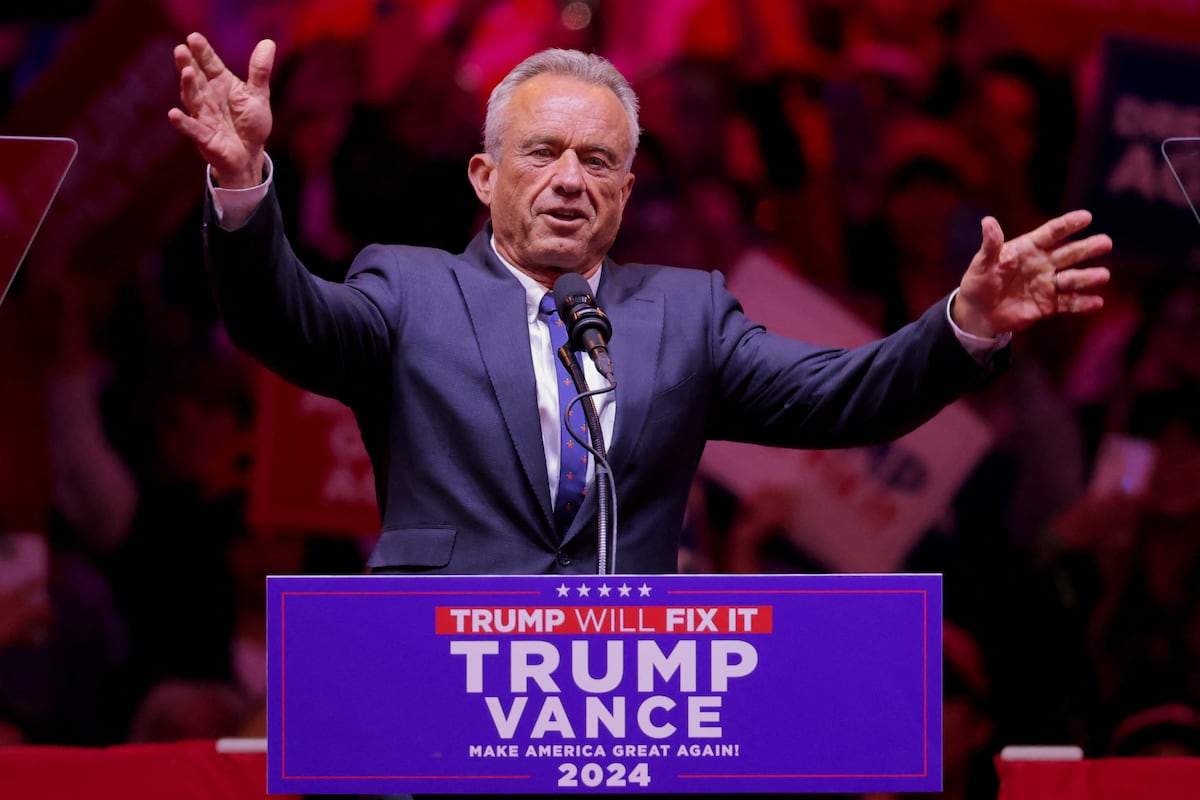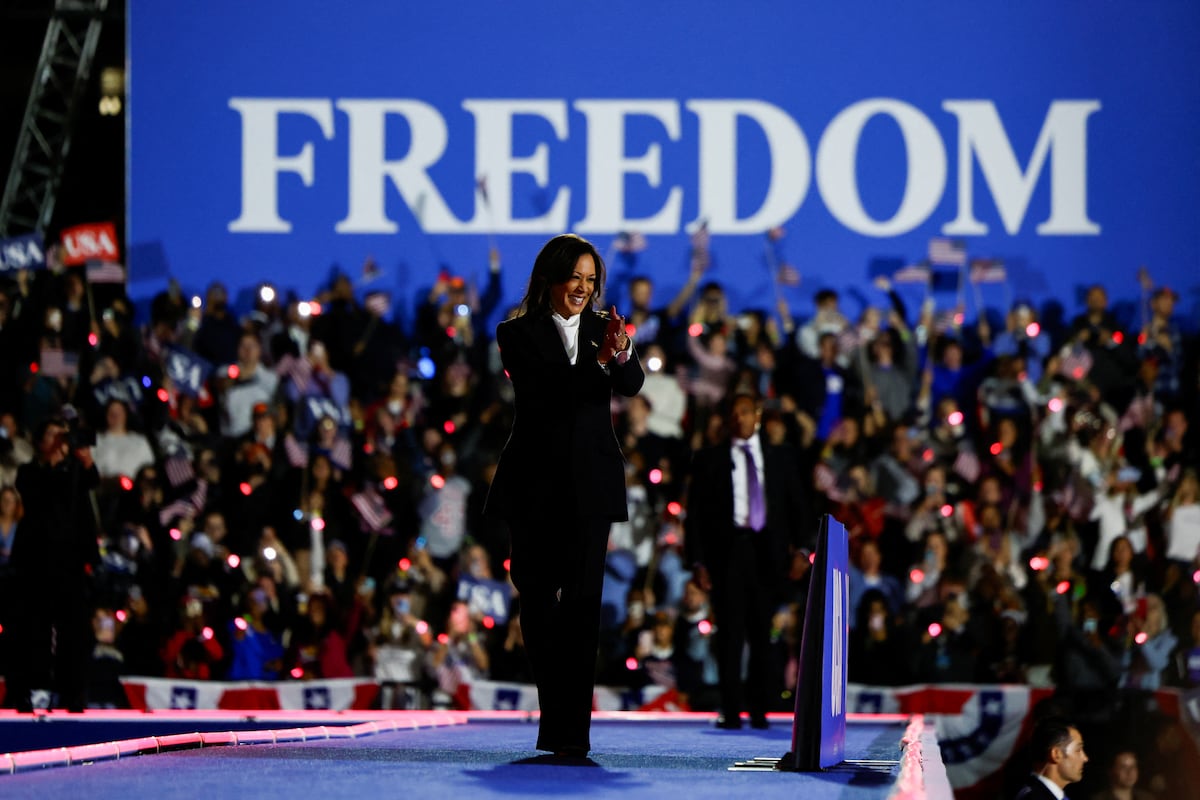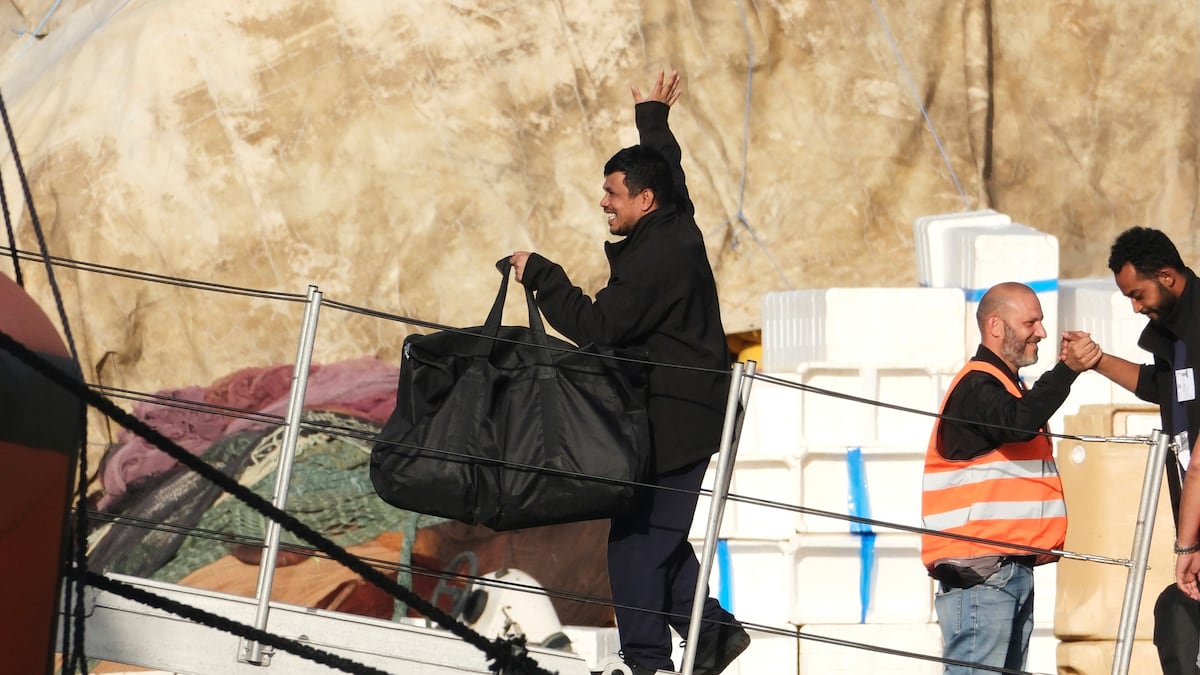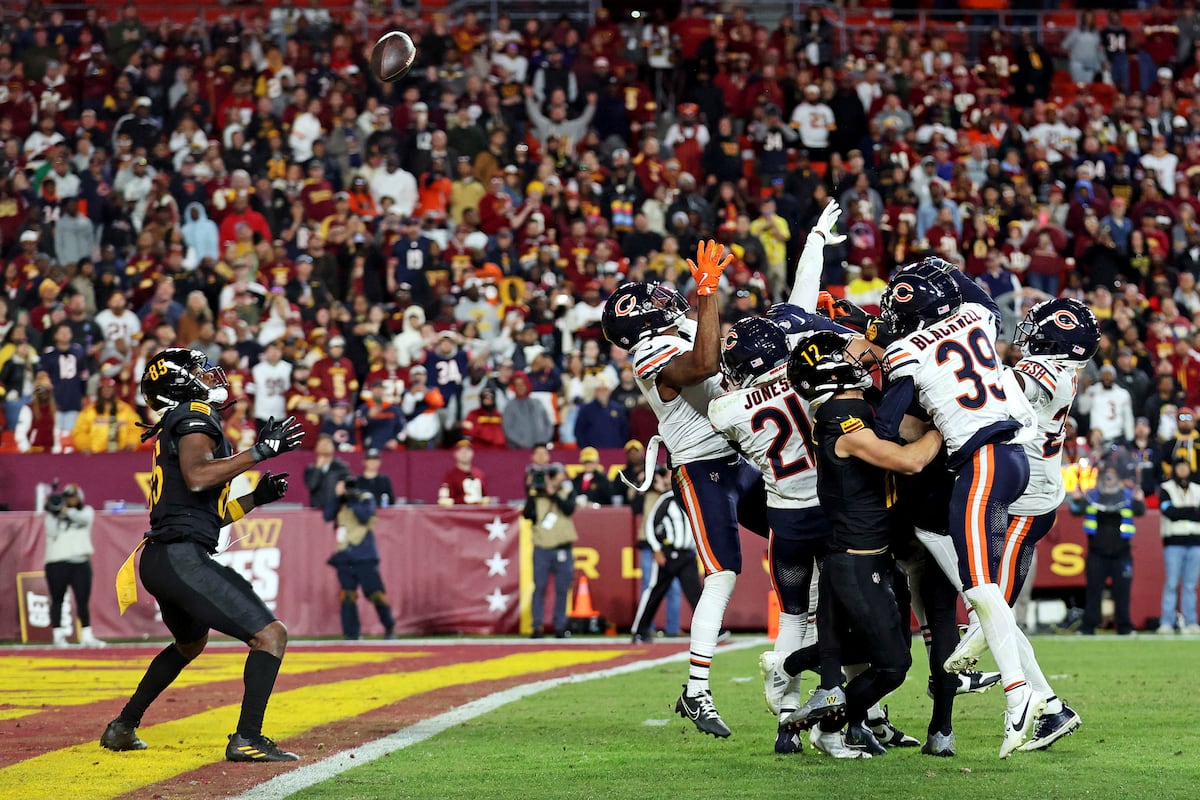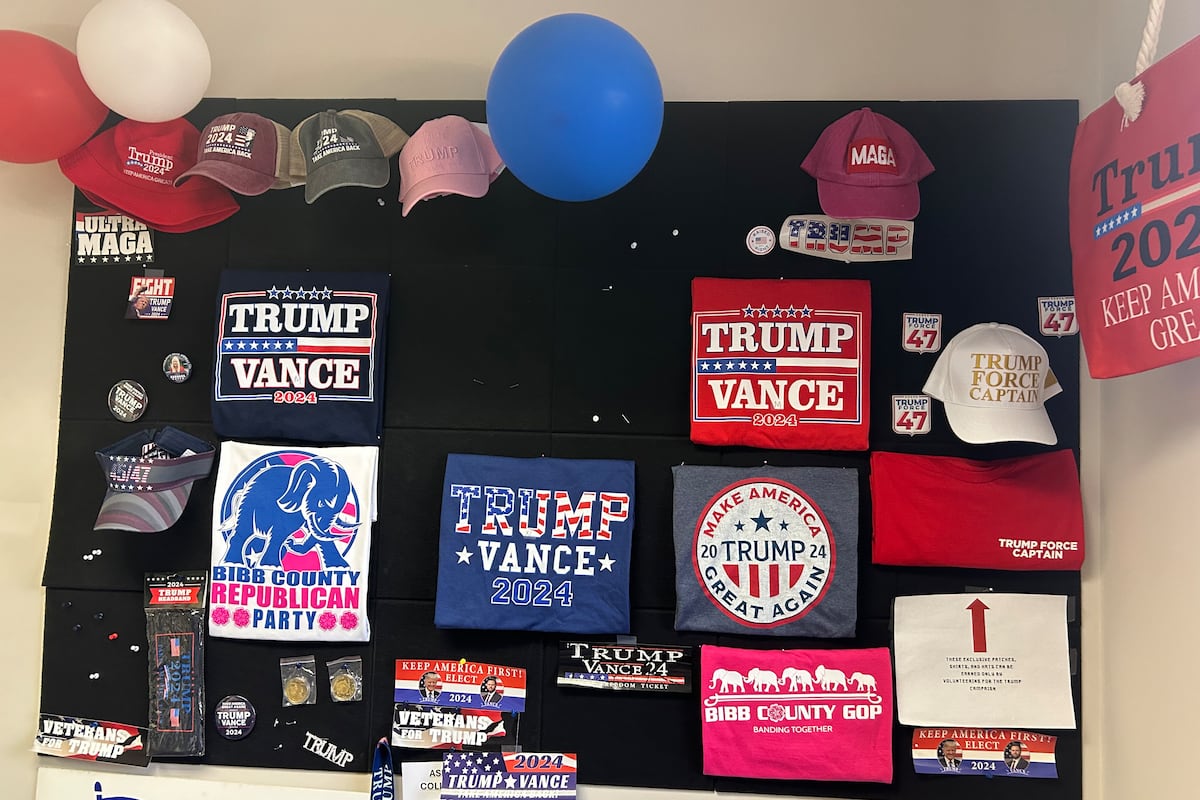Robert F. Kennedy Jr. began the presidential election race as a candidate for the Democratic nomination. When he saw that he had no chance, he ran as an independent. And as his campaign ran out of money and his electoral prospects went nowhere, he decided to bow out and throw his support behind Donald Trump. However, his name was already printed on the ballots of some States. Although he asked to delete it, the authorities of some of them refused. RFK Jr appealed to the Supreme Court, which this Tuesday decided that his name remain on the ballots of Wisconsin and Michigan, two key states in the presidential elections on November 5.
Voters, at least the vast majority, know that the independent candidate has withdrawn. However, if some decide to vote for him, those votes could make the difference in such a close election. The now Trump ally argued that appearing on the ballot against his will violated his freedom of expression, included in the First Amendment of the United States Constitution, by silencing or indirectly disguising his support for Trump.
State authorities, on the other hand, claimed that the ballots were already ready and had begun to be sent. Having to eliminate the candidate required producing new ballots or crossing out his name on existing ones, with obvious logistical complications. “More than 1.5 million Michigan voters have already returned their absentee ballots. Another 263,634 voters have voted early. Under the Michigan Constitution, early in-person voting continues in all jurisdictions through November 3, 2024. From now through November 5, thousands of Michigan voters will continue to return their absentee ballots or appear in person to cast your vote early. Additionally, tens of thousands of these ballots have already been tabulated, although no results may be generated. Once ballots are tabulated, they become anonymous, meaning that no ballot can be traced back to its voter,” the Michigan Secretary of State argued before the Supreme Court.
In the same sense, the Wisconsin authorities claimed that ruling in favor of the candidate “would force Wisconsin county and municipal clerks to hand-make and paste millions of stickers on Wisconsin ballots to cover his name, at least in the ballots that have not yet reached the voters and have been returned.”
The Supreme Court has flatly rejected the appeals, as it had previously done with another one referred to New York. In those cases, the judges do not give reasons for their decision. The decision referring to Wisconsin has been made without any dissenting vote, but in the Michigan decision, Judge Neil Gorsuch shows his disagreement.

